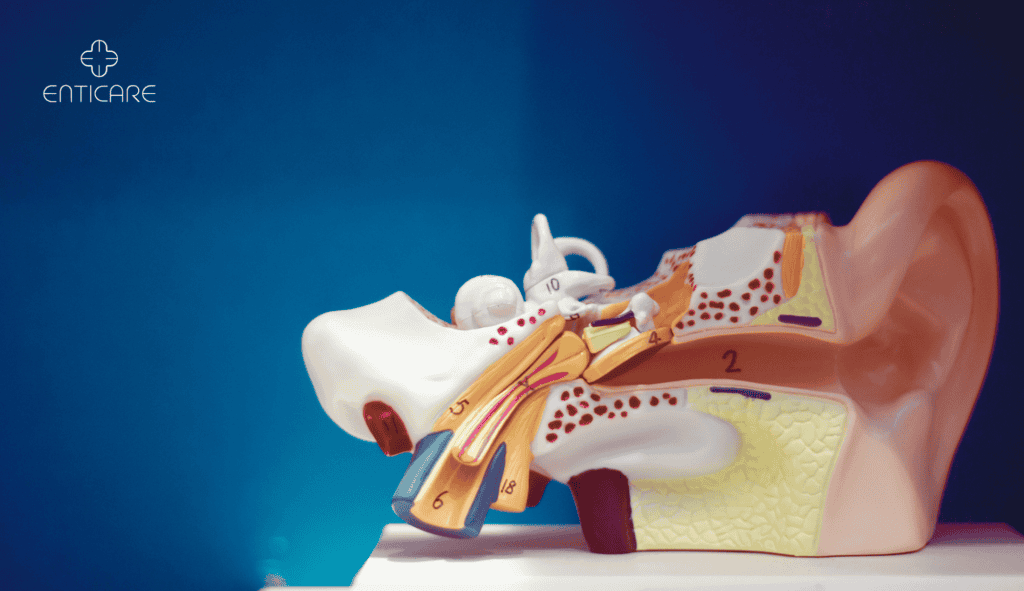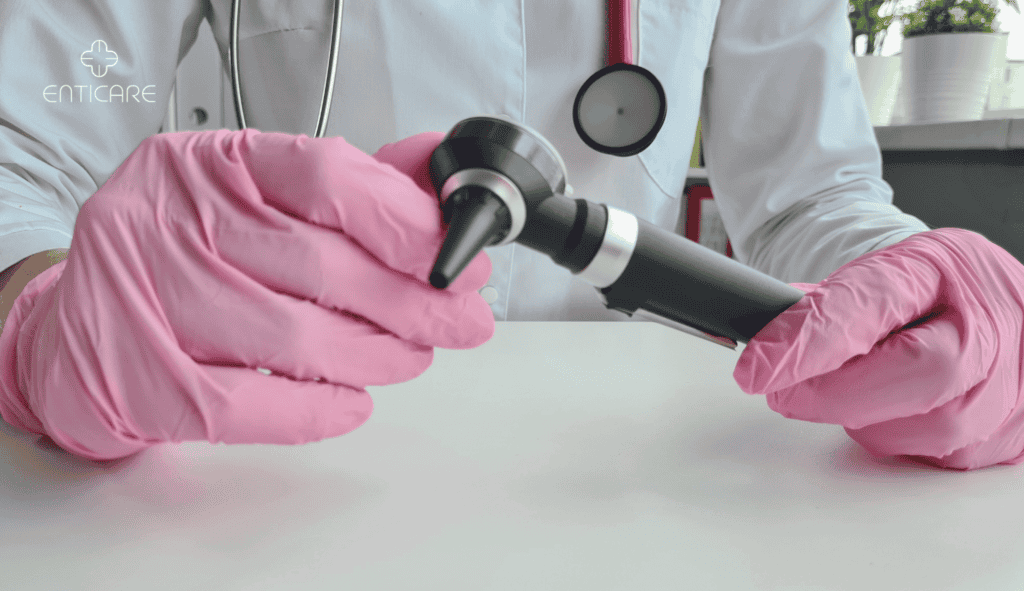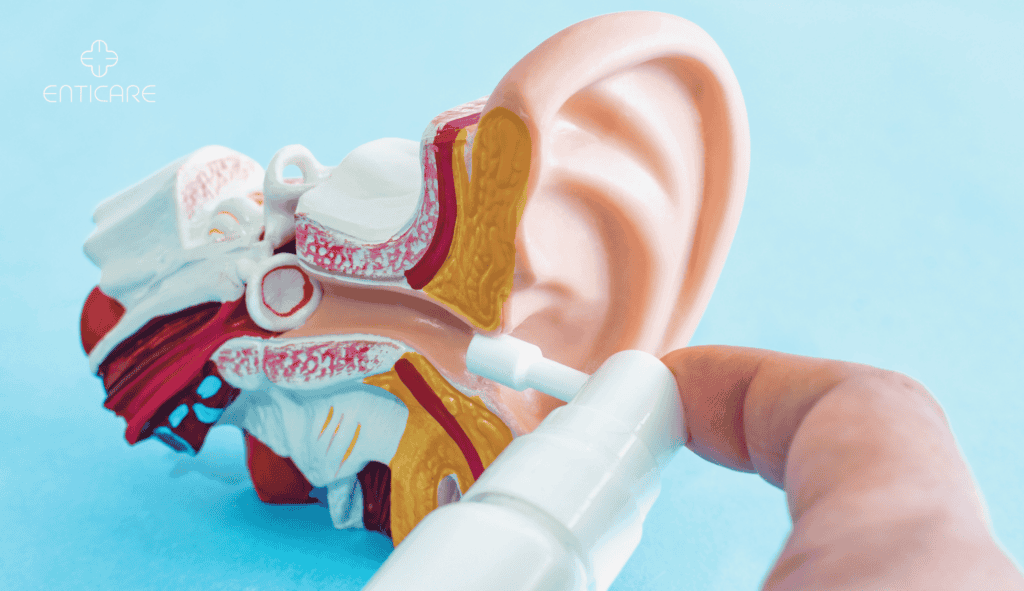Hearing loss affects millions worldwide, and without treatment, it can impact quality of life, personal relationships, and even cognitive health. Taking steps to address hearing loss can bring immense benefits and significantly improve daily living. This guide explores why treating hearing loss matters, its effects, and how investing in your hearing health is one of the best steps you can take for a better future.
Understanding the Importance of Hearing Health

Hearing plays a crucial role in everyday interactions and our overall quality of life. Let’s look at why hearing health matters:
Impact on Relationships
Hearing loss can strain communication with loved ones. Conversations become difficult, leading to misunderstandings and even isolation in relationships.
Mental Health Connection
Untreated hearing loss often results in anxiety, frustration, and even depression. Background noise complicates understanding speech and contributes to feelings of frustration and social isolation. When individuals cannot engage in conversations, they may avoid social interactions, affecting their mental well-being.
Cognitive Health Risks
Studies link untreated hearing loss to cognitive decline and dementia. When the brain receives reduced auditory stimulation, it may affect cognitive functions over time.
How Hearing Loss Develops Over Time
Understanding how hearing loss progresses can help people recognize when they need to seek treatment. Here are some common causes and progression patterns:
Age-Related Hearing Loss
As we age, natural wear on the auditory system may lead to gradual hearing loss, known as presbycusis. This condition typically affects high-pitched sounds first and progresses if left untreated.
Noise-Induced Hearing Loss
Exposure to loud noise can lead to hearing loss by damaging the inner ear’s hair cells or nerve cells. People working in noisy industries or frequently using headphones at high volumes face a higher risk. Using specialized hearing protection in such environments is crucial to prevent noise-induced hearing loss.
Medical Conditions Linked to Hearing Loss
Conditions like diabetes and cardiovascular disease can restrict blood flow to the auditory system, increasing the risk of hearing damage.
Why Treating Hearing Loss is an Investment in Your Future

Addressing hearing loss is an investment with wide-reaching benefits. Here’s why prioritizing treatment today is so valuable:
Improved Quality of Life
Hearing aids and other treatments allow people to fully engage in life, improving enjoyment in social settings, family gatherings, and everyday conversations.
Enhanced Cognitive Health
Treating hearing loss reduces cognitive strain by helping the brain process sound efficiently. This may slow cognitive decline and improve memory and mental clarity.
Financial Benefits
Untreated hearing loss can result in higher healthcare costs over time due to associated health issues. Treating it early reduces these expenses, making treatment a long-term financial investment.
Options for Treating Hearing Loss
Hearing devices, including hearing aids and cochlear implants, can significantly improve the quality of life for those with hearing loss. With advancements in technology, treatment options for hearing loss have improved, offering many solutions to fit individual needs. Here are a few popular options:
Hearing Aids
Modern hearing aids come in various styles, from in-the-ear to behind-the-ear models. They amplify sounds and can even connect to smartphones for customized control.
Cochlear Implants
For severe hearing loss, cochlear implants bypass damaged areas in the ear and stimulate the auditory nerve directly. This option can restore hearing for those who receive minimal benefit from hearing aids.
Assistive Listening Devices
Devices like amplified phones, personal amplifiers, and visual alert systems enhance hearing ability and improve daily living for those with mild hearing loss.
Steps to Protect and Preserve Your Hearing Health

Taking preventative measures can slow hearing loss progression and protect hearing health. Here’s how to preserve hearing:
Limit Exposure to Loud Noises
Avoid extended exposure to loud environments, as loud sounds can significantly impact your hearing health. If necessary, wear ear protection to reduce potential damage to your ears.
In the ‘Safe Listening Practices’ subsection, it is crucial to emphasize the importance of using hearing protection to mitigate the effects of loud sounds.
Safe Listening Practices
Protecting your hearing is crucial to prevent hearing loss. Here are some safe listening practices to follow:
- Keep the volume low: Avoid listening to music or watching TV at high volumes, especially for extended periods. Use the 60/60 rule: listen at no more than 60% volume for no more than 60 minutes at a time.
- Wear ear protection: When exposed to loud noises, such as at construction sites or music concerts, wear earplugs or earmuffs to protect your ears.
- Take breaks: Give your ears a rest by taking regular breaks from loud noises. This helps prevent long-term damage.
- Get regular hearing tests: Regular hearing tests can help detect hearing loss early and prevent further damage. Early intervention is key to maintaining good hearing health.
Regular Hearing Checkups
Early detection of hearing loss through a hearing test enables early intervention, which can slow its progression and reduce the associated risks.
Healthy Lifestyle Choices
Exercise, a balanced diet, and avoiding smoking all support blood flow, which is essential for maintaining ear health and reducing the risk of hearing loss. Additionally, maintaining the health of the middle ear and outer ear is crucial for overall ear health, as they play significant roles in the hearing process.
When to Seek Medical Attention
It’s important to seek medical attention if you experience any of the following symptoms:
- Sudden hearing loss: If you experience sudden hearing loss, especially in one ear, seek medical attention immediately. This could be a sign of a serious condition that requires prompt treatment.
- Trouble hearing: If you have trouble hearing or understanding speech, especially in noisy environments, it’s time to consult a specialist. Early intervention can prevent further deterioration.
- Ear pain: Persistent ear pain or discomfort should not be ignored. It could indicate an ear infection or other medical issues that need attention.
- Discharge or bleeding: Any discharge or bleeding from the ear is a sign that something is wrong and requires immediate medical evaluation.
Start Investing in Your Hearing Health Today
Investing in hearing health offers lifelong benefits. Treating hearing loss enhances social engagement, preserves cognitive health, and improves quality of life. If you or a loved one is experiencing hearing challenges, addressing them now can make a remarkable difference.
Take the first step towards better hearing today by scheduling an appointment with a specialist.
👉 Schedule your appointment here.

